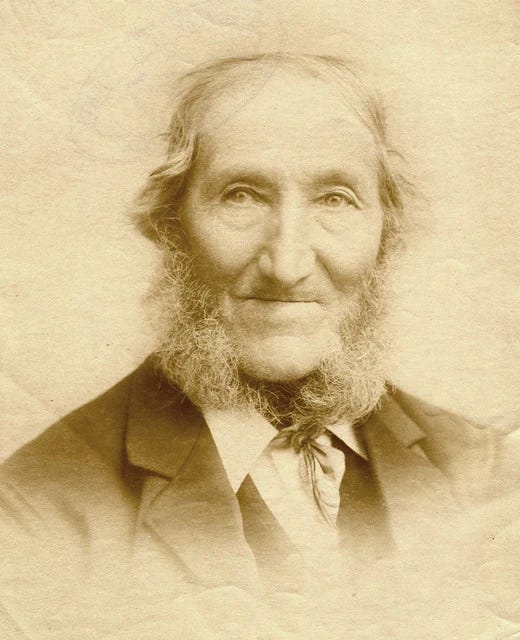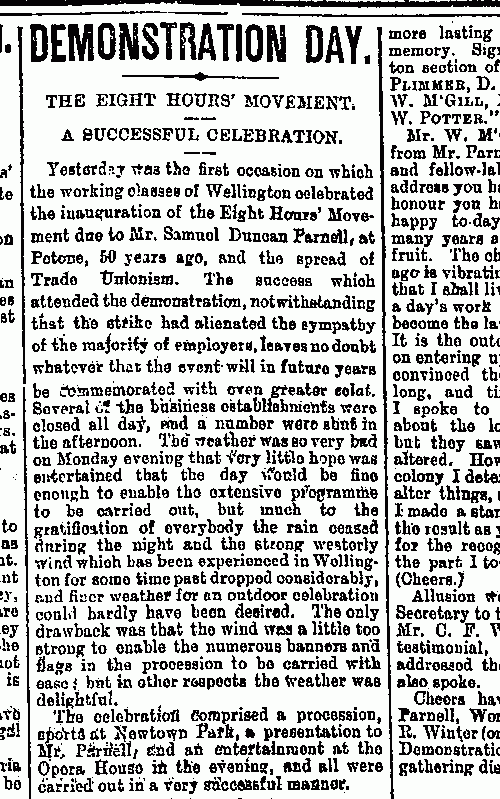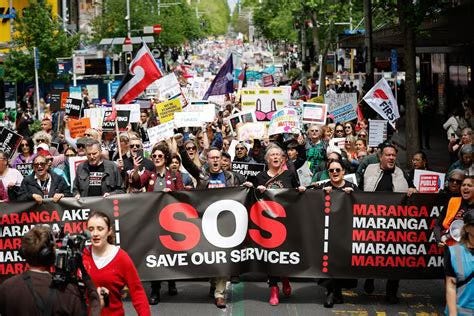As this post has reached 75 “likes” from my paid subscribers it is now free for everyone to read. It is only through subscriptions that I can continue to do my public journalism.
If you are receiving this post as a free subscriber please consider upgrading. I post something to read, listen to, or watch every day, so right now you are probably seeing one item out of 12 that I produce.
For $2.50 a week ($10 a month including GST) you will not only get access to my fourth rstate writing, podcasts and documentaries, you will be able to join our vibrant chat room in which New Zealanders from all walks of life intelligently discuss the issues we are facing as a nation in a environment safe from trolls.
Please restack and share posts you find useful as it all helps to build leadership.
It’s Labour Day again- our Public Holiday set aside to celebrate the struggle for an eight-hour working day. New Zealand workers were among the first in the world to claim this right when in 1840, the carpenter Samuel Parnell (pictured) won an eight-hour day in Wellington.
Yes, 1840 - the same year, and indeed the same month of February, that Te Tiriti o Waitangi | The Treaty of Waitangi was signed.
Parnell was a carpenter whose campaigning for a shorter working day began 1834 when he was working in a large joinery business in Theobald’s Road, London. In those days it was common for people to work 12 to 14 hours every day, and wages and working conditions were bad. A union had been formed but, because it failed to agitate for reduced working hours, Parnell refused to join and left to start his own business.
In 1839 Parnell married Mary Canham and with the money he’d saved, he bought an intermediate passage for them to New Zealand on the Duke of Roxburgh, landing on Petone beach on the 8 February 1840.
Among Parnell’s fellow passengers was a shipping agent, George Hunter, who, soon after their arrival, asked Parnell to erect a store for him.
Parnell later wrote that he’d told Hunter he would ‘do his best, but I must make this condition, that on the job the hours shall only be eight for the day.’
According to Parnell’s account, Mr Hunter wasn’t happy, and said to him;
‘You know that in London the bell rang at six o’clock, and if a man was not there ready to turn to he lost a quarter of a day.’
To which Parnell said he replied ‘We’re not in London’ and turned to go but the agent called him back. There were very few tradesmen in the young settlement and Hunter was forced to agree to Parnell’s terms.
Other employers tried to impose the traditional long hours, but Parnell met incoming ships, talked to the workmen and enlisted their support. A workers’ meeting in October 1840, held outside German Brown’s (later Barrett’s) Hotel on Lambton Quay, is said to have resolved, on the motion of William Taylor, seconded by Edwin Ticehurst, to work eight hours a day, from 8 a.m. to 5 p.m., and anyone offending was to be ducked into the harbour.
The last resistance to the 8 hour working day was broken, according to Parnell, when labourers who were building the road along the harbour to the Hutt Valley in 1841 had downed tools when they were ordered to work longer hours.
By 1890 the eight hour working day had become standard for tradesmen and labourers, but many groups of workers, such as farm labourers, domestic servants, railwaymen, shop assistants and clerks, still worked longer hours.
Trade unions held the first of what would become annual Labour Day demonstrations on 28 October 1890 when it paraded in Wellington as part of their campaign for the 8 hour working day.
Seated on a brake carriage drawn by four horses Parnell headed the march to Newtown Park where, to a cheering crowd he was presented with an illuminated address paying tribute to his ‘noble efforts’ as ‘the father of the eight hours movement’.
When, a few weeks later, Samuel Parnell fell ill and died on 17 December 1890, a crowd of thousands, headed by the Garrison Band, marched in procession with relays of working men carrying his coffin from Cambridge Terrace to the Wellington public cemetery.
In 1899 Labour Day became a public holiday by act of Parliament.
What Parnell understood was that the only power that workers have to to fight exploitation is to withdraw their labour and to do it collectively and en masse.
That power was on display last week when more than 100,000 teachers, nurses, doctors, firemen and other Public Servants went on Strike, demanding the same CPI adjusted wages that the politicians. who are denying them that right, receive.
Since the introduction of the economics of politics of selfishness (that is called Neoliberalism) in 1984 we have seen the corrosion of worker’s rights and a return to the bad old days of low wages and exploitation - largely made possible by the union busting legislation of the Employment Contracts Act passed in 1991 by the Bolger/ Richardson government.
That’s why today I’m remembering Samuel Parnell,coloured by that haunting quote from the French writer Alphonse Karr of the same era - “the more things change, the more they stay the same.”
Yes, life is different today than it was for Parnell, but the fundamentals of capitalism and exploitation remain the same, and if we want the WE society back that gave kids from poor working families like me their big break in life, then we have to dump the ME society that allows the few to get rich by exploiting the many.
And we can do it by exercising that other great collective power we have – our vote!
Just as Parnell told Mr Hunter that he’d walk away if he didn’t agree to an 8 hour day, so we have to walk away from the firm of Luxon, Willis, Brown, Collins, Seymour, Peters et al at next year’s election and, by doing so, send a message to their rich backers that the time has come to stop exploiting our people and our land, and demand that the not only pay fair wages but also contribute a fair share to the upkeep of our society.






Dunk them in the harbour, I say.
Good history lesson and reminder of the Power of the People. Its just sad and depressing, that even if the CoC were voted out, the alternative is no better. We need a truly visionary political party/movement again!!! I can honestly say, when I look at who our MPs are currently, there is no one I think that has any vision outside the little neoliberal boxes they've been in for the last 40 years.